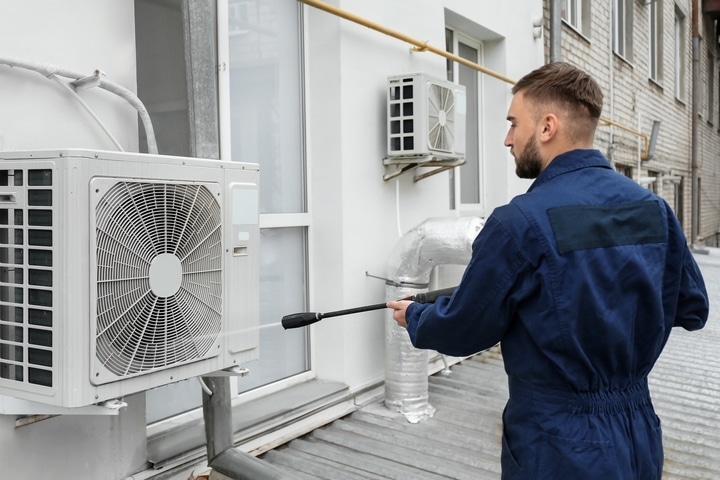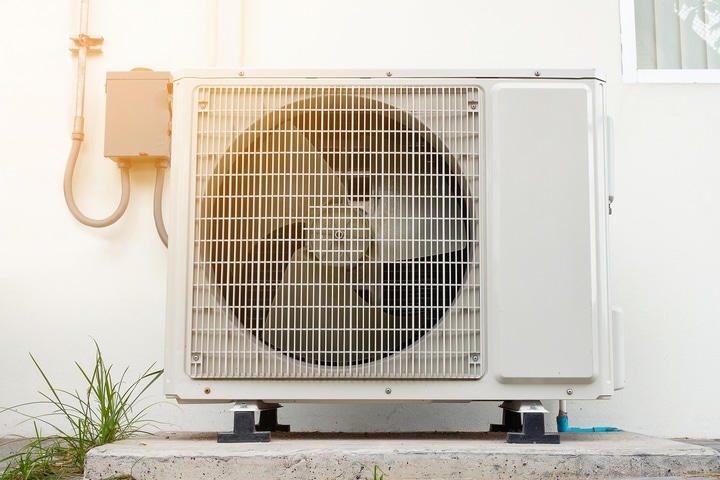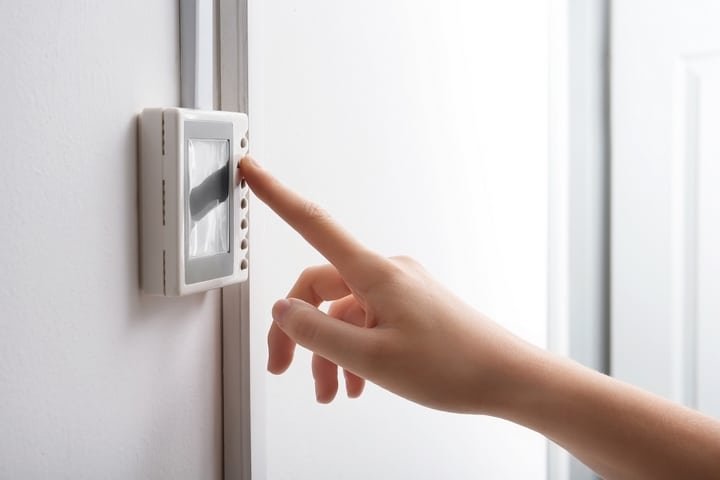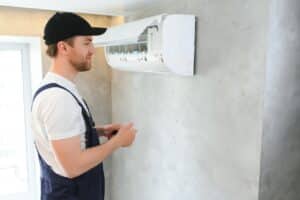The sweltering heat of the summer months makes you rely on your air conditioning system more and more. However, even when your air conditioner is running well, it might not be pumping out cold air the way it should – or used to. If you feel like your air conditioner isn’t doing its job, the problem may be due to some inefficiencies in your AC system.
When a faulty air conditioner is not working efficiently, your energy consumption could skyrocket to unmanageable levels. Not only is this harmful for the environment, but the air conditioner inefficiency will have a negative impact on your energy utility bills as well. If your utility bills are higher than expected, the main culprit could be an inefficient air conditioner.
To maximize your air conditioner efficiency, make sure you understand the different AC components and how to keep them functioning optimally. A professional HVAC service can inspect your air conditioning system to ensure all the components are working optimally.
For additional help, below are five tips to improve your air conditioner efficiency in a smart way:
1. Clean the air conditioner.

As with any other household appliance, air conditioners get dirty. Grime, dirt, dust, and other gunk can and will build up in your AC, making it difficult for fresh air to get out and cool you down. To make sure this does not happen, you should be cleaning the air conditioner on a regular basis. This type of air conditioner maintenance should occur a few times during the season.
Before cleaning, make sure you turn off the electricity flowing to the air conditioner. This is to prevent electrocuting yourself or shorting a fuse. After cleaning, let the moisture dry and then turn the unit back on. You should be able to feel a noticeable difference in temperature afterwards.
2. Clean or replace the air conditioner’s filters.

A dirty air conditioning filter could slow down the airflow of the unit. When dirt and other debris build up in your air conditioner’s filter, the system will use more energy since it must work harder to supply you with the same quality of cold air.
The dirty air filters can be cleaned or replaced. There may be a need to replace the filters if their physical condition deteriorated significantly. You can use your judgement when it comes to how often you do this, but once every month is a good rule of thumb.
3. Clear any obstacles to the airflow.

Debris can compromise the overall efficiency of your air conditioner. The air conditioner should be cleared of any debris that interferes with the unit. It’s a good idea to make sure that no trees, shrubbery, and other foliage could be blocking off the unit’s air vents. The goal is to unblock any obstacles to the ventilation and maintain a steady flow of air for maximum air conditioning efficiency.
The air conditioner fins keep the cold air flowing smoothly out of the AC and into your home. If you haven’t been enjoying the same cool air that you are used to, open your air conditioner and inspect the fins. If they are twisted, bent, or broken, you’ve found the culprit. Once the fins are returned to their normal state, you should have better airflow from your air conditioner.
4. Keep your air conditioner away from the sun.

Your air conditioner may be exposed to hours of direct sunlight on a bright and sunny day. The natural heat from the sun may contribute to the inefficiencies of the AC system. When your air conditioner is in contact with the sun, it must work overtime to cool and condense the refrigerant coming out of the compressor discharging the heat from your home.
Both central air conditioning machines and window units need to be kept away from the direct glare of the sun as much as possible. Try to place either unit on the east or north side of the house in order to accomplish this. If there are any trees nearby, they can provide some shade onto your AC units.
5. Adjust your thermostat upwards.

During a cooler summer, you can adjust your thermostat temperatures upwards by a few degrees. This setting could save you some money, since you are using less resources from the air conditioner. Whether you can tolerate a warmer room temperature depends on your personal temperament. Most people won’t notice a significant difference in room temperature if you only increase it by one or two degrees.
If you have a programmable thermostat in your household, you can automatically adjust the indoor temperatures to reflect the different times in a day. During the hours when you are away from the home, adjust the thermostat appropriately to ease the pressure off your electricity utility bills.



